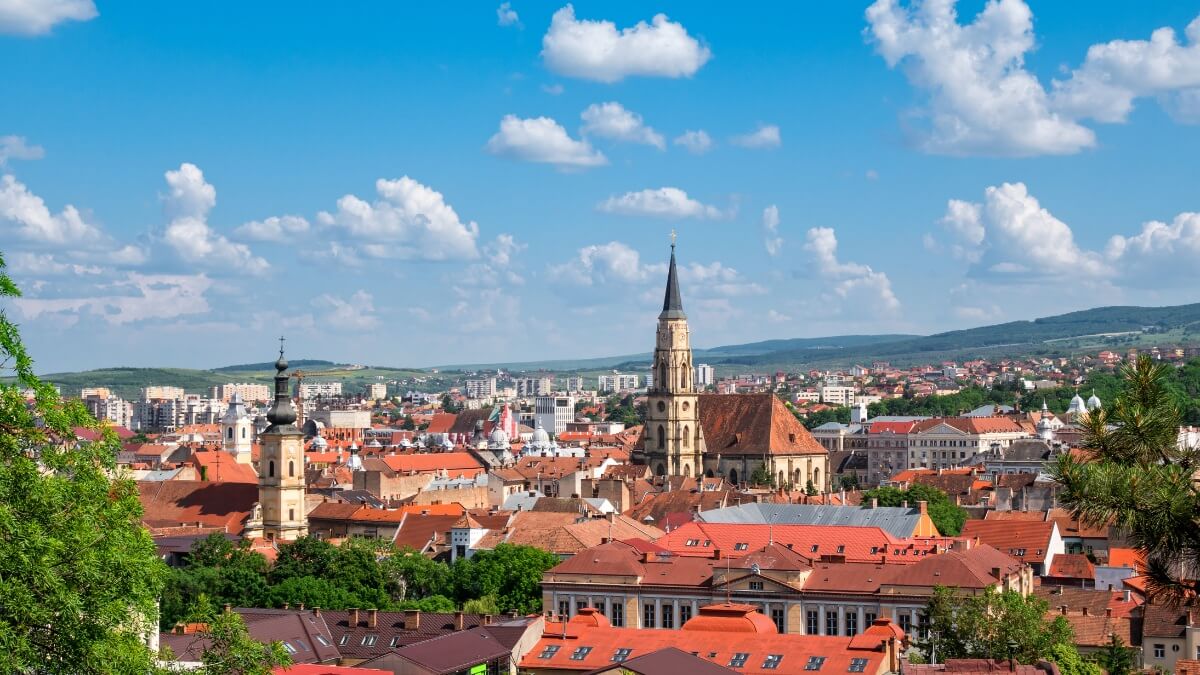
Is a VPN needed in Romania?
Nestled between the Carpathian Mountains and the Black Sea, Romania combines rich history and stunning landscapes with a burgeoning digital ecosystem. The country has made significant advances in digitalization, paralleling its membership in the European Union. However, certain regulations, notably pertaining to online content, present challenges in the realms of digital rights and internet privacy.
Internet Censorship and Freedom
Romania’s approach to internet censorship focuses primarily on pornographic content, as outlined by the Law on Prevention and Combat of Pornography (No. 196/2003). The law stipulates a robust filtering system, mandating that pornographic sites be password-protected and charge a per-minute tax. Such sites also need to be authorized by a government commission. Websites found in violation can be blacklisted and ISPs failing to filter these websites within 48 hours are subject to hefty fines. Despite the regulations, as of November 2011, no sites have been officially blocked.
Peer-to-Peer Services and Torrenting
Romania generally permits P2P services and torrenting, but recent legal actions signal a shift towards stricter regulation. Notably, Filelist.ro, a popular torrent site in Romania, was temporarily seized by prosecutors for hosting copyrighted content. The site resumed operations on a different domain shortly after. A significant 2018 court ruling also ordered local Internet Service Providers (ISPs) to block access to certain websites violating copyright laws. These developments suggest increased enforcement of intellectual property rights in the digital realm in Romania.
Media Websites and Social Media Access
There are no significant restrictions on social media or international media websites. However, the government once proposed blocking a popular video-sharing website, 220.ro, under anti-pornography laws, despite the site not being pornographic. This proposal was not executed.
Net Neutrality
Romania adheres to the EU’s net neutrality regulations, ensuring that all data is treated equally by ISPs, without any discrimination.
Legal Framework
Aside from the Law on Prevention and Combat of Pornography, other significant legislation includes the Government Emergency Ordinance no. 77/2009, which legalizes online sports betting but mandates a government-issued license. The Romanian National Gambling Office was formed in 2013 to regulate and license online gambling.
Surveillance and Privacy
Romania’s surveillance landscape is a complex mix of centralized data aggregation and concerns about illegal activities. The Integrated Information System (SII) serves as a governmental data pooling platform, aggregating a wide range of data from various state agencies since its inception in 2003. Governed by undisclosed laws, the SII gathers exhaustive details about both Romanian and foreign citizens, such as travel history, vehicle ownership, and tax records. In 2016, the system received €25 million in EU funding to potentially expand into areas like communication interception and facial recognition.
Alongside the SII, illegal surveillance activities have been persistent. In 1996, former SRI employee Constantin Bucur exposed illegal phone tapping activities against politicians, journalists, and other public figures. While initially convicted, Bucur later won a case against Romania at the European Court of Human Rights. Other individuals, such as journalist Mircea Toma and businessman Dinu Patriciu, also secured compensation after being subject to illegal wiretaps, citing violations of Article 8 of the European Convention on Human Rights. Despite these legal victories, concerns about illegal surveillance activities persist, as indicated by Ilie Botoș, a former Attorney General of Romania, who disclosed extensive wiretapping efforts between 1991 and 2003, involving around 20,000 individuals.
In light of these evolving surveillance practices, protective measures like strong encryption, regular privacy audits, and scrutinizing data shared with governmental entities become even more crucial for individuals concerned about their digital privacy in Romania.
Conclusion
Romania presents a forward-thinking digital landscape, yet one that is punctuated by regulatory frameworks and surveillance practices that could influence online freedom and digital rights. The country’s unique stance on regulating pornographic content—where ISPs could face fines for non-compliance with blacklists—is a case in point. The presence of centralized data systems like SII, coupled with longstanding concerns about illegal surveillance activities, further adds complexity to the issue of digital privacy. As a member of the European Union, Romania’s policies are expected to continue evolving in alignment with EU directives and international norms. For those concerned with privacy, understanding these intricacies and adopting protective measures such as strong encryption and data scrutiny is increasingly essential.
See also:

Leave a Reply